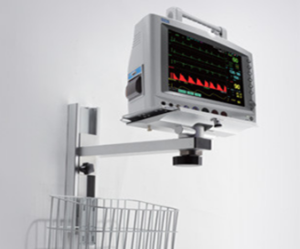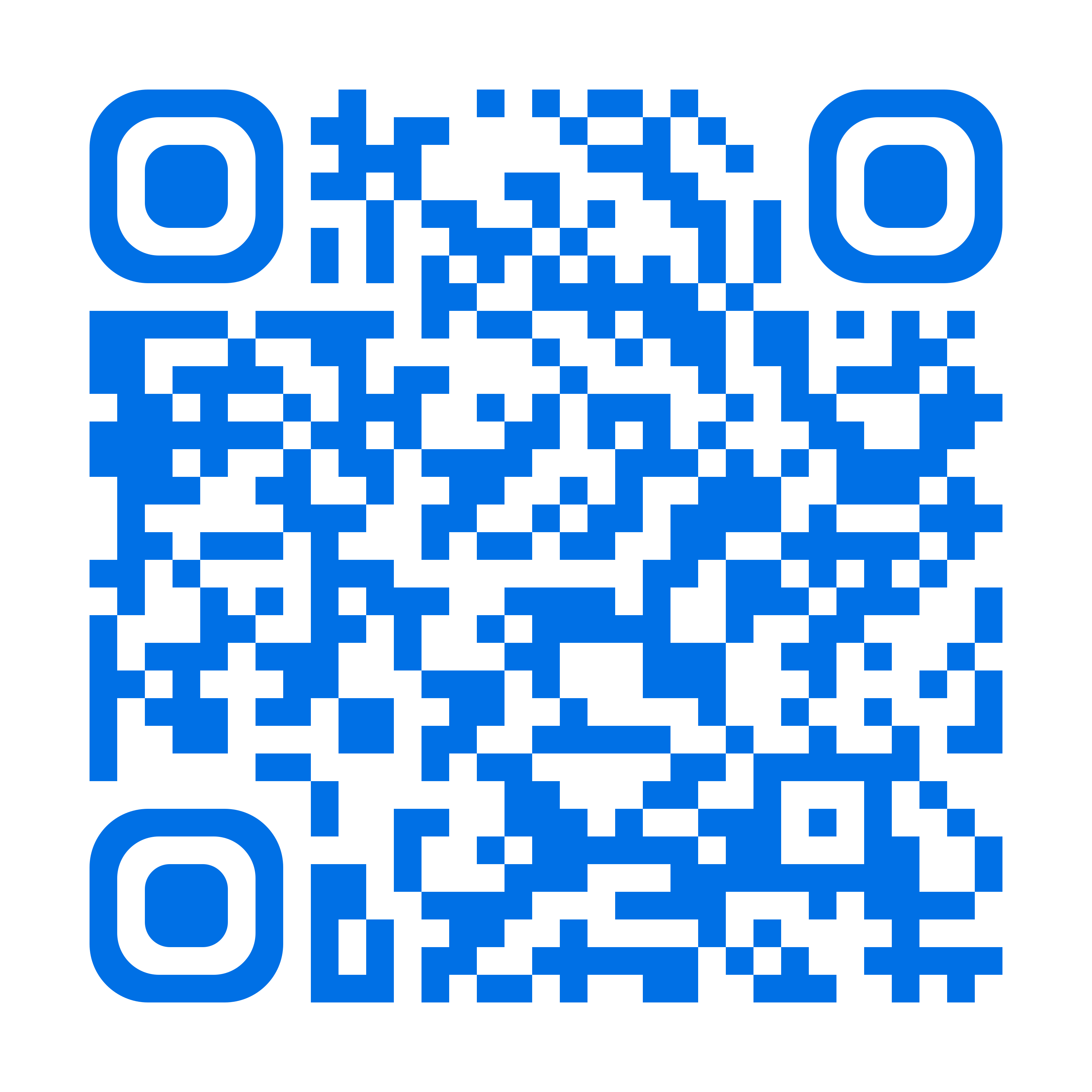- Reference Number: HEY-1302/2022
- Departments: Cardiology
- Last Updated: 1 May 2022
Introduction
This leaflet has been produced to give you general information. Most of your questions should be answered by this leaflet. It is not intended to replace the discussion between you and the healthcare team but may act as a starting point for discussion. If after reading it you have any concerns or require further explanation, please discuss this with a member of the healthcare team.
Content
What is cardiac monitoring?
Cardiac monitoring is a way of watching the electrical activity of your heart to ensure it is working normally. Five small stickers, called electrodes, are placed on your body. These are connected either to a small box (telemetry) or a large screen on the wall (a wall monitor).
A signal is then sent to a special screen at the nurse’s station, where the ward staff can watch the activity of your heart 24 hours a day.
Why do I need cardiac monitoring?
Because of your medical condition, a recent procedure you’ve had or medication you are taking, we need to watch carefully for any abnormal heart rhythms or irregular beats.
Cardiac monitoring is routine for many patients care and is nothing to worry about.
What are the risks?
Cardiac monitoring is painless and won’t hurt you.
In rare cases, your skin may become irritated under the electrodes – if you notice any redness or itching, speak to your nurse, who may be able to use a less irritating kind of electrode.
What should I do if the electrode or the wires fall off?
Don’t try to put them back on – it is important to let the nurse know straight away so they can put them back in the right place.
Why does the nurse still measure my blood pressure and other vital signs?
The cardiac monitor only tells us about your heart’s electrical activity – it cannot measure blood pressure, temperature, oxygen levels or anything else. It also cannot provide any therapy.
Why do the alarms go off?
Alarms can be set off by important changes in your heart rate and rhythm. Alarms are often caused by other things such as disconnected leads, low battery or a bad connection.
If the alarms go off too often or are disturbing you, please speak to a member of staff.
Wall Monitoring

What can I do while I am been monitored?
You must remain near you bed and stay connected at all times.
What if I need the toilet?
If you need to use the toilet, speak to a member of staff and they will bring a commode, or supervise you while you are disconnected if it is safe to do so.
DO NOT DISONNECT YOURSELF
If you have a telemetry box

What can I do while I am been monitored?
You can move around the ward freely.
Do not leave the ward you are on – you may go out of range of the monitoring system.
Can I shower?
Cardiac monitors are not waterproof. If you want a shower, please seek advice from your nurse, if it is safe to do so, the nurse will remove the monitoring and check on you every 5-10 minutes. Inform your nurse immediately after the shower, as the monitor must be re-attached.
This leaflet was produced by the Cardiology Department, Hull University Teaching Hospitals NHS Trust and will be reviewed in May 2024
Ref: (Supplied by Quality Team)
General Advice and Consent
Most of your questions should have been answered by this leaflet, but remember that this is only a starting point for discussion with the healthcare team.
Consent to treatment
Before any doctor, nurse or therapist examines or treats you, they must seek your consent or permission. In order to make a decision, you need to have information from health professionals about the treatment or investigation which is being offered to you. You should always ask them more questions if you do not understand or if you want more information.
The information you receive should be about your condition, the alternatives available to you, and whether it carries risks as well as the benefits. What is important is that your consent is genuine or valid. That means:
- you must be able to give your consent
- you must be given enough information to enable you to make a decision
- you must be acting under your own free will and not under the strong influence of another person
Information about you
We collect and use your information to provide you with care and treatment. As part of your care, information about you will be shared between members of a healthcare team, some of whom you may not meet. Your information may also be used to help train staff, to check the quality of our care, to manage and plan the health service, and to help with research. Wherever possible we use anonymous data.
We may pass on relevant information to other health organisations that provide you with care. All information is treated as strictly confidential and is not given to anyone who does not need it. If you have any concerns please ask your doctor, or the person caring for you.
Under the General Data Protection Regulation and the Data Protection Act 2018 we are responsible for maintaining the confidentiality of any information we hold about you. For further information visit the following page: Confidential Information about You.
If you or your carer needs information about your health and wellbeing and about your care and treatment in a different format, such as large print, braille or audio, due to disability, impairment or sensory loss, please advise a member of staff and this can be arranged.

